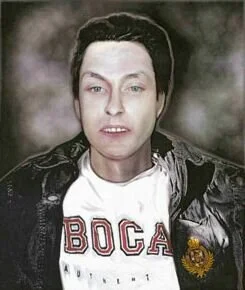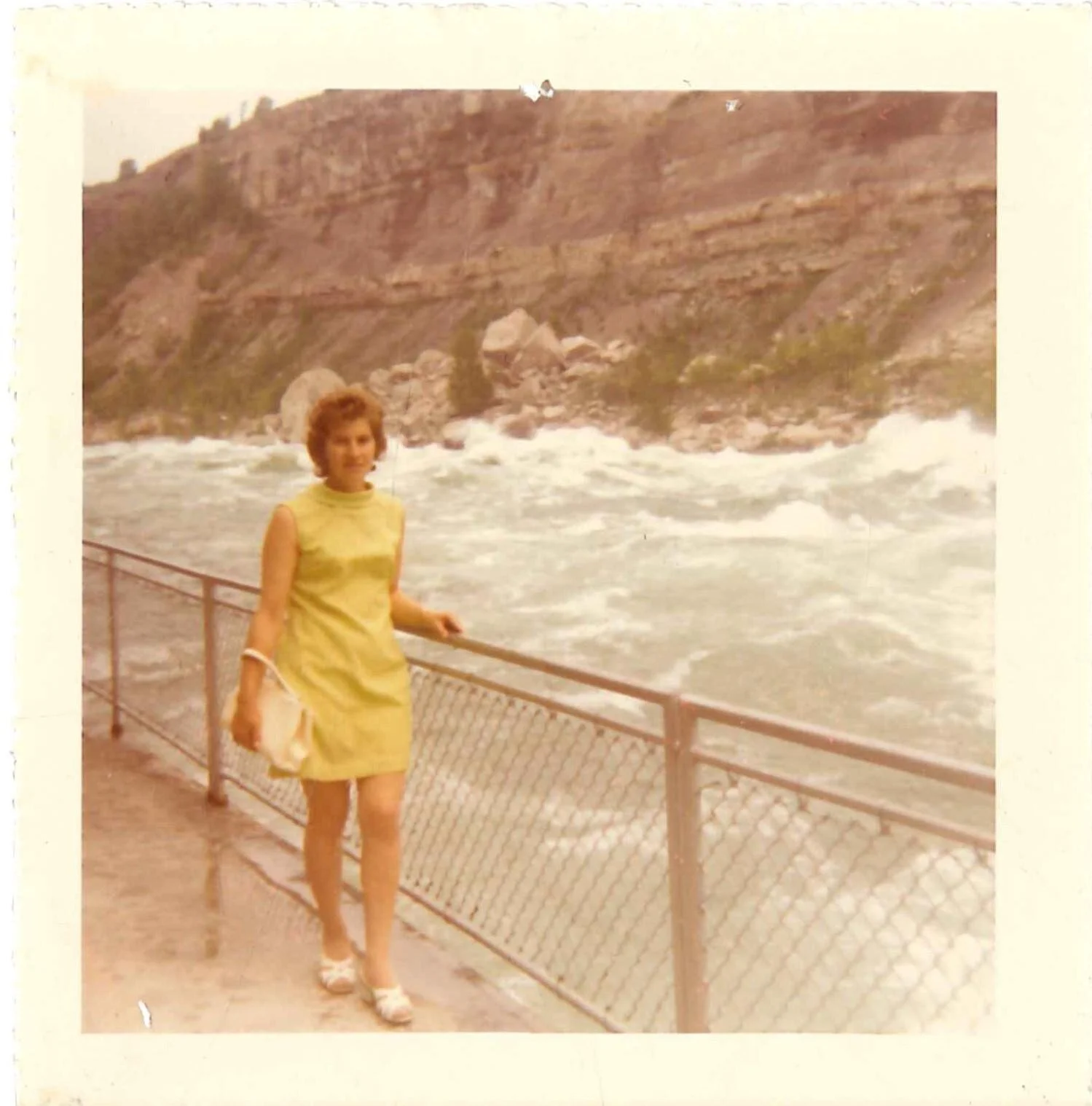
Cold Cases.
Missing Persons.
Unsolved Murders.
A voice for Canada’s missing, murdered & unidentified.™️
About Canada Unsolved
A voice for Canada’s missing, murdered and unidentified.™️Canada Unsolved is an investigative blog dedicated to the search for answers to Canada’s cold cases, missing persons and unsolved murders. The goal of these stories is to provide new details and insight about each person and the circumstances of their case, in hopes of keeping their names and stories alive—and to generate new information.
In-depth stories can be found in the Cases section. Missing persons case summaries are featured in the Database.
Canada Unsolved is also dedicated to Research + Resources. This collection is updated frequently and features a comprehensive list of tools and resources for families of missing persons and victims, and information for anyone who wants to get involved in the search for answers to the thousands of unsolved cases in Canada and around the world.
These are the voices of the voiceless; Canada’s untold, under-reported missing persons and true crime stories.
There is no national framework for missing persons in Canada. Canada Unsolved was launched in January 2020 to help bridge this gap - and to advocate for systemic change. It’s the result of years of research, driven by the belief that everyone’s story deserves to be told. Contact & Case Submissions
Hi,
My name is Serena. I’m an investigative journalist, documentary producer, researcher, crime writer, and advocate for missing persons and victims.
If you’re a family member or friend of a missing person or victim of an unsolved crime, I’m more than happy to speak with you and share your story on Canada Unsolved. I read every email and submission.
If you’d like to connect, volunteer in any capacity, or have additional information or resources, you can reach me on social media, email me at canadaunsolved.contact@gmail.com or fill out the form below.
For updates and cases, follow Canada Unsolved on Instagram and Twitter (@CanadaUnsolved) and on Facebook (@CanadaUnsolvedCases).
Case of the Week:
Landry NTWARI
Missing since January 9, 2017Burlington, OntarioSUBMIT A CASE:
When filling out the form below, please include as much detail as possible and indicate if you are willing to be interviewed for a story. Thank you!The Stories
When a loved one goes missing, their disappearance has serious effects on family members and friends. Being unable to locate a loved one and fearing for their safety is a traumatic experience, and those who are affected require information and support. Each story is told with the utmost respect for all victims and their loved ones.
Canada Unsolved aims to provide as complete a picture as possible about each case by exploring details and context often excluded by standard media coverage. Some of these stories involve interviews with, or information provided by, family and friends of the victims and missing, private investigators, researchers, academics, and community members. Other information is gathered through intensive research of historical and current news coverage, and through the use of other investigative tools.
Site Map
In-depth stories about missing persons, unsolved murders and unidentified persons can be found in the Cases section. I write about criminal justice, policy and other true crime stories in the Blog + Features section.
The Database contains missing persons case summaries organized by province.
All cases featured on Canada Unsolved (the site and social media) are viewable in The Files.
The Research & Resources page features databases, community and government organizations, publications, police websites, statistics, blogs and other information related to missing persons and unsolved cases in Canada and around the world.
You can also submit a case.
Canada Unsolved Investigates: Eric Larsfolk & John McCormick Jr.
Missing Persons Research
Canada Unsolved is dedicated to facilitating research and sharing resources. There is no national framework for missing persons in Canada, and accessing resources and accurate information can be challenging. Canada Unsolved aims to bridge this gap. One of the goals of this website is to make all available information for each case accessible in one place, increase understanding and awareness, and ultimately push for systemic change.
The Research + Resources tab is updated frequently and features a comprehensive list of tools and resources for families of missing persons and victims, and for anyone who wants to help or get involved in the search for answers in the thousands of unsolved cases in Canada and around the world.
It’s a reference for information about non-profits, government and civilian databases, genealogical tools, academic studies, private investigators, forensics artists, community programs, publications and other tools to access criminal data, information about missing children and adults, unsolved crimes, unidentified decedents and cases throughout North America and Europe.
Missing Persons + The Media
The media is one of the most powerful tools for locating missing persons, especially when a case has “gone cold.”
The complicated reality of social and digital media is it inevitably acts as a forum for people to misrepresent themselves and publish misleading or inaccurate information. It also has the power to bring answers to people who have, in some cases, searched for decades.
When a private investigator is unattainable, or all investigative avenues have been exhausted, social and digital media remain the most powerful tools of disseminating information and keeping hope alive for searching families.
Investigators and families call on the public to share information, and real people rely on modern channels of communication to gain increased visibility, to have their voices heard, and ultimately seek justice and answers.
This has always been the mission of Canada Unsolved - to give a voice to the voiceless and life to their stories, and help families of missing loved ones and victims gain the visibility and justice they deserve. The hope is that renewed attention to these cases will lead to answers, a greater understanding of missing persons and crime in Canada, and inspire people everywhere to get involved.
Background
“We all have history. You can think you’re over your history. You can think the past is the past. And then something happens, often innocuous, that shows you how far you are from over it. The past is always with you.”
- Roxane Gay, The Illusion of Safety/The Safety of Illusion, 2012
My interest in missing persons has been nearly life-long. I grew up in an objectively safe community, in a home that prioritized health, safety and education. I always felt prepared and protected. I was lucky. When I was seven years old, I experienced an attempted non-family abduction. In a fleeting moment, my illusion of safety vanished.
In her essay, The Illusion of Safety/The Safety of Illusion, Roxane Gay writes, “I don’t believe in safety. I wish I did. I am not brave. I simply know what to be scared of; I know to be scared of everything. There is freedom in that.”
This shattering of illusion by proximity to evil, and the knowledge of how close I came to having a different story, changed my life.
I started to focus on the faces of other children on missing persons posters. I never forgot them; many remain missing today. I wanted to know their stories, and to understand the effects of crime and injustice outside of my own experience.
I’ve always had an innate curiosity about the experiences of others, and about the stories in my community—especially those that never, or just briefly, made the news. I never got the answers I sought about my own attempted abduction, but I knew I was lucky. My need to learn about and tell these stories, and understand the complex issues of missing persons and unsolved crimes—specifically within a Canadian context—began the moment I was taken and has never left me.
The experience also instilled a deep compassion for missing persons, victims of crimes and their families — and ultimately, an appreciation for the challenges faced by those who must rely on a flawed system of justice. It eventually became the foundation of my path in education.
I’ve always been a writer, and I’ve worked as a journalist for many years.
That being said, Canada Unsolved is not about me. It will always be about those who remain lost and without justice.
©Canada Unsolved 2020-2024. All rights reserved. No portion of this website - including photos, text or graphics - may be copied, derived or replicated without prior written authorization. Please contact the site owner for further inquiries. 


































